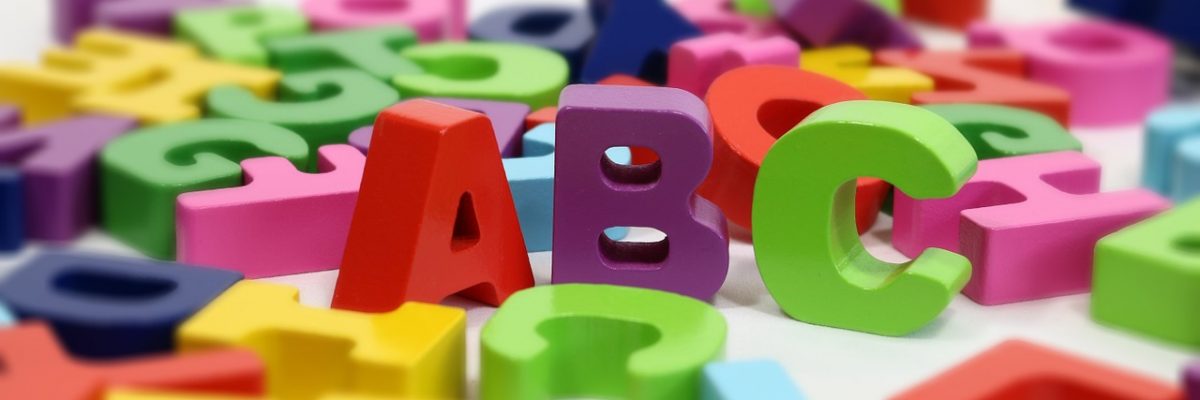Do children have special capacities to absorb more than one language? Is it true that children brought up in a bilingual environment learn to speak later than their mono-linguistic counterparts? Is it true that bilingual children develop certain personality structures which differ from the norm? Can children with handicaps thrive in a multilingual environment?
Although past attitudes towards bilingualism have changed, there still remains remnants of the past prejudices which confronted children being brought up in a bilingual environment during the 1970’s. Even the confirmation of scientific research has been unable to overcome some of these tenacious prejudices.
Preconception: Children are not able to learn more than one language well
Reality: All individuals are imbued with the ability to learn more than one language. Children have an exceptionally easier time learning language simultaneously since they learn it by playing.
Preconception: Children raised bilingually learn to speak later
Reality: The pace at which a child learns to speak is not influenced by the second or third language. Studies have shown that the pace does not differ between monolingistic children and bilingual children. The pace is unique to the child, some begin to speak early and some children rather late in their development.
Preconception: Children raised bilingually develop a typical personality structure
Reality: A predetermined pattern does not exist amongst children raised in a bilingual environment. There are equal numbers of introverts as well as extroverts in bilingual children as with the population at large. In addition, there is no evidence in any long-term study which supports the idea that an additional language is either a burden or obstacle for a child.
Preconception: Children with handicaps cannot be raised in a bilingual environment
Reality: Children with Down Syndrome or other handicaps can by all means learn several languages, of course within the realm of their specific limitations. A multilingual environment does not seem to be an added burden for such children.
On the contrary, we are convinced that a multilingual environment is an enrichment in a child’s life. Often enough speaking several languages is not an eccentric occurrence but rather the only method of communication amongst the various members of a family. It is not an option, rather it is a necessity.
Typ: Language is an instrument which allows us to communicate our basic needs, convey our feelings, and exchange with others our experiences.
Tip: Also look out for our articles review in our Blog.
Further in Raising Children Bilingually: Pros and Cons of Raising Bilingual Children
Back to Raising Children Bilingually: Influences on Language Development
